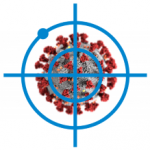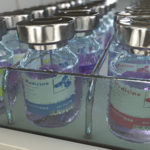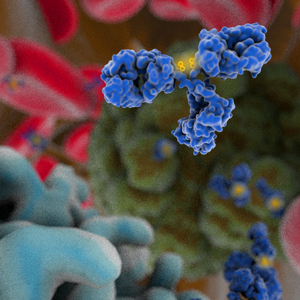 The extraordinary scale of the COVID-19 pandemic has elicited extraordinary responses world-wide, but the resulting disruptions have raised concerns about delays in approval of non-COVID-19 antibody therapeutics.
The extraordinary scale of the COVID-19 pandemic has elicited extraordinary responses world-wide, but the resulting disruptions have raised concerns about delays in approval of non-COVID-19 antibody therapeutics.
As part of the virtual Antibody Engineering & Therapeutics Europe conference, Dr. Janice Reichert, Executive Director of The Antibody Society, provided an update on non-COVID-19 antibody therapeutics approved so far in 2020, and those that might be approved by the end of the year. She also discussed the biologics currently in development for COVID-19, which includes over 50 repurposed biologics and over 80 anti-SARS-CoV-2 biologics.
Broadcast date: Thursday August 27, 2020.



